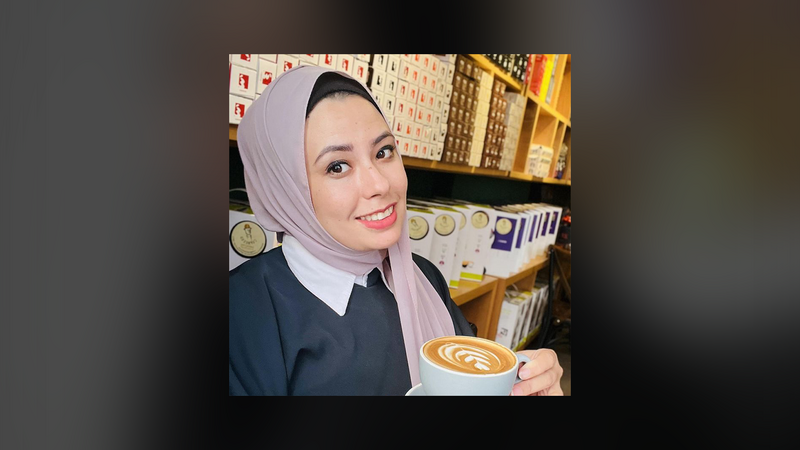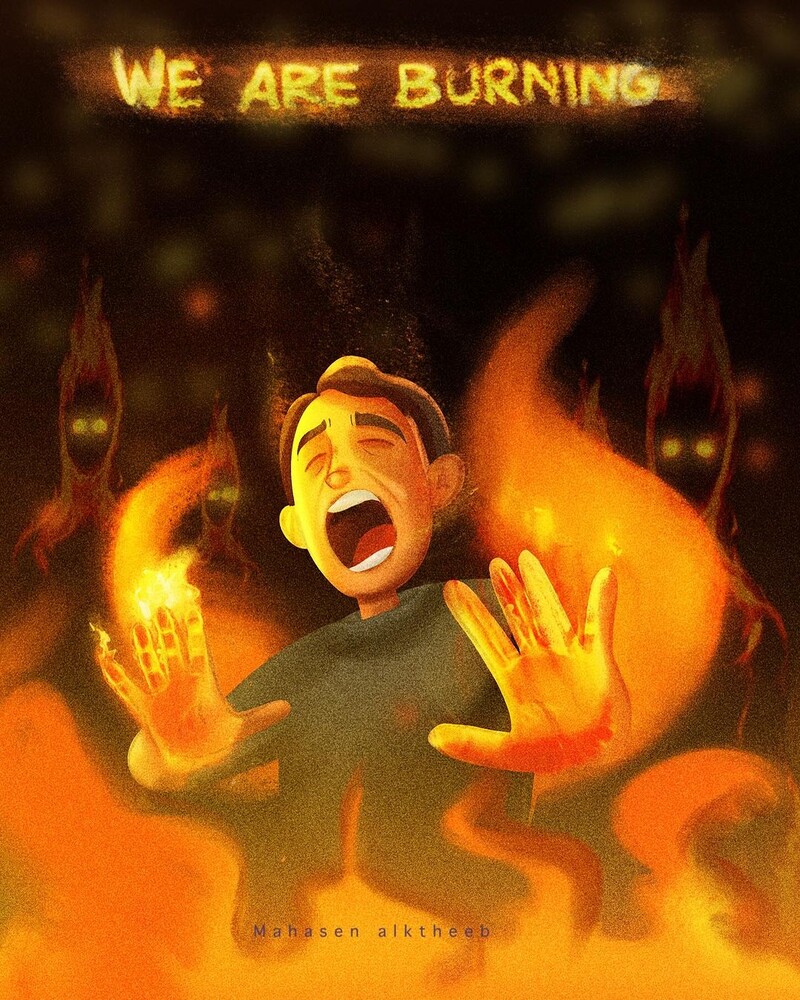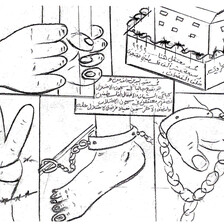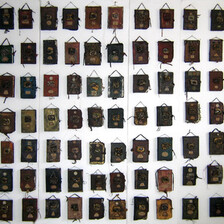The Electronic Intifada 9 November 2024

Mahasen Al-Khateeb.
Pray for me.
This was one of the last social media messages from a young Palestinian digital artist, Mahasen Al-Khateeb, who was killed in an airstrike on Jabaliya camp on 18 October. The airstrike also claimed the lives of another 32 people and left more than 80 injured.
“Always pray for me, and do not forget me,” Mahasen wrote. “I don’t want to be just another number on the news ticker. I am a story.”
Mahasen was one of my favorite artists. I will not forget her. I will attempt to tell at least some of her story.
Creative Resistance
Before the war, Mahasen had reached the pinnacle of her career, as she herself said in a recent interview with Gaza Sky Geeks, an initiative that seeks to empower and encourage local talent through technology training and entrepreneurship support.
An illustrator of children’s stories and a storyboard artist, Mahasen invested all her savings into opening her own office, fulfilling a lifelong dream of independence. Her unique talent for bringing stories to life made her a prominent figure in Gaza’s digital art scene, captivating both children and adults.
When war broke out, Mahasen’s life was shattered. Bombs demolished her office, destroying all her tools, devices and sketches. Yet she refused to flee south, determined that her story would not end in surrender.
She documented her daily life on Instagram, rising early each morning to brew coffee over an open fire – the gas supply had long been cut off. Climbing to the rooftop, she would seek out a weak internet signal to begin her work.
Mahasen adapted to severe electricity shortages by charging her devices at neighbors’ homes or in hospitals, leaving herself only a few hours to work. Her perseverance eventually paid off, however, when she saved enough to install a solar system – a small victory that allowed her to keep creating.
She concentrated on drawing and creating digital illustrations and stickers, using her art as a form of resistance. Additionally, she conducted training sessions for aspiring artists in Gaza, sharing her knowledge and passion for art even as the war raged around her.
Gaza’s voice
Mahasen became a vital voice for the people of northern Gaza during the ongoing genocide, amassing more than 130,000 followers on her Instagram account. Her digital art depicted the brutal realities faced by Palestinians in Gaza, documenting her evacuation to makeshift school shelters amid the Israeli invasion.

Mahasen captured the pain of famine alongside such moments of fleeting joy as her happiness at finding swiss chard in the market for the first time; her brother’s delight at fetching the first bag of flour after months of eating bread made from animal feed; and her cousin’s laughter in securing a chicken for the first time in ten months – blending sorrow and joy in her storytelling.
In addition to documenting her own experiences, Mahasen became a digital storyteller, interviewing such a range of people as street vendors, individuals filling water barrels, and people on rooftops trying to get reliable internet connections, as well as such frontline workers as doctors and journalists.
Mahasen immortalized their stories in illustrated form. Her art transcended mere documentation. It became a powerful form of resistance, channeling the pain and struggles of her community into expressive narratives.
Even just two weeks before her killing, Mahasen remained committed to uplifting others. She mentored a young girl named Layan, nurturing her artistic talent without seeking recognition or reward.
Additionally, through her work with Gaza Sky Geeks, Mahasen taught digital illustration and graphic design to young people, ensuring that creativity would continue to thrive in her community.
Mahasen’s dedication to others made her an inspiring figure during profoundly challenging times, a symbol of resilience, compassion and unwavering hope.
Each loss is personal
Many people in Gaza mourn Mahasen’s death. Even though they never met her in person, she felt like a part of them: her voice echoed their own. Her creative work encapsulated a year filled with the unimaginable horror and suffering that so many have faced. Each day, people wake to the harsh realities of their lives, carrying the heavy weight of loss in their hearts. Yet, like Mahasen, they still hold onto hope.
Mahasen deeply believed in the power of art: “Look at us with your hearts before your eyes. We’ve lost so much – our dreams, our children’s laughter, our memories – but we still have hope.”
Yet, despite her convictions, art didn’t save her life. Her last work documented Shaban al-Dalou, the young man caught on camera burning alive after an Israeli airstrike on Al-Aqsa Martyrs Hospital in Deir al-Balah. Mahasan was unaware that she, too, was close to death.
An airstrike on Jabaliya refugee camp claimed her life and left hospitals in the area, particularly Al-Awda Hospital, overwhelmed by the influx of wounded, many of whom were women and children.
The Generals’ Plan
The Israeli military says its operations aim to prevent Hamas fighters from regrouping. However, having effectively isolated towns such as Beit Hanoun, Jabaliya and Beit Lahiya from Gaza City, and cut off aid to an estimated 400,000 people in the north, Israel instead appears intent on implementing the so-called “Generals’ Plan,” also known as the Eiland Plan, with the objective of emptying northern Gaza of its residents.
This expulsion is accompanied by great cruelty. Movement is restricted for families following evacuation orders, and the Israeli military is using the forced displacement to separate men from their families. Disruptions to communications and internet services have severely hindered rescue efforts.
As people all across Gaza try to navigate their daily struggles amidst such displacement and cruelty, they also have to grapple with the painful truth that lives like Mahasen’s continue to be taken and that any one of them could be next.
In Gaza, each loss is felt deeply and personally.
Malak Hijazi is a Gaza-based writer.




